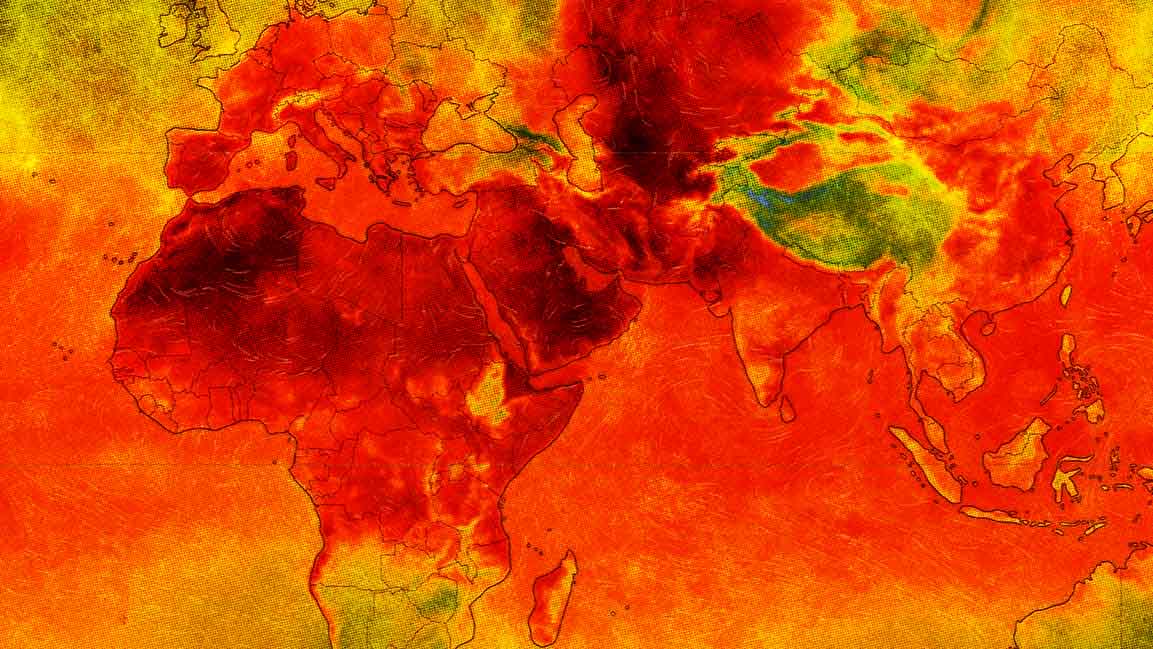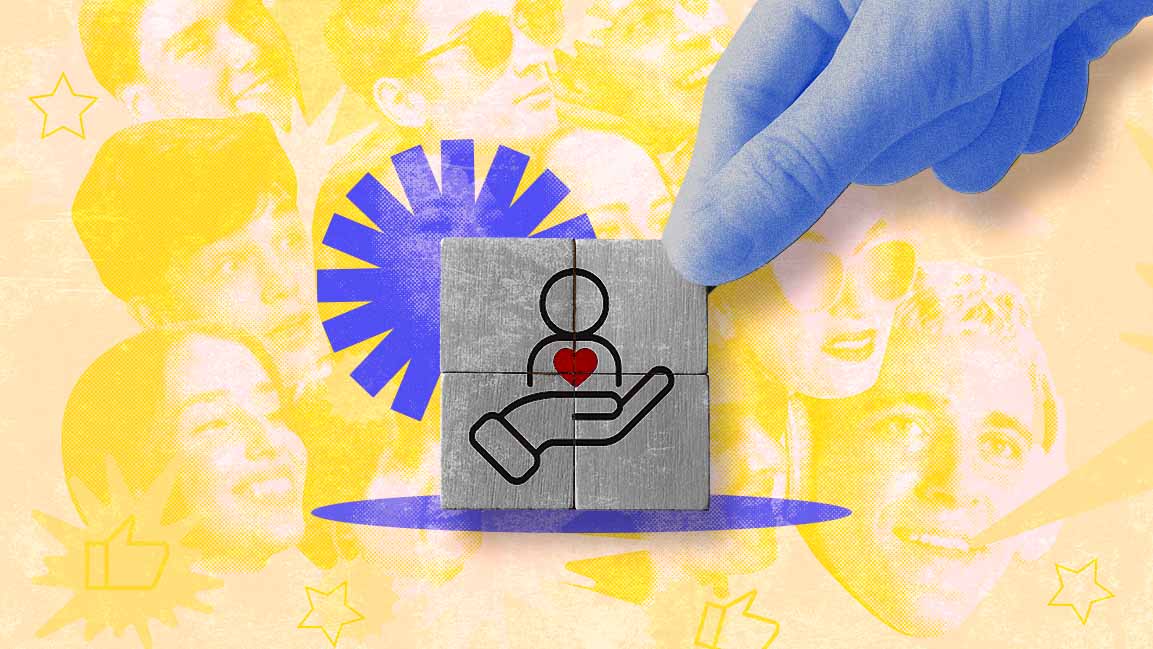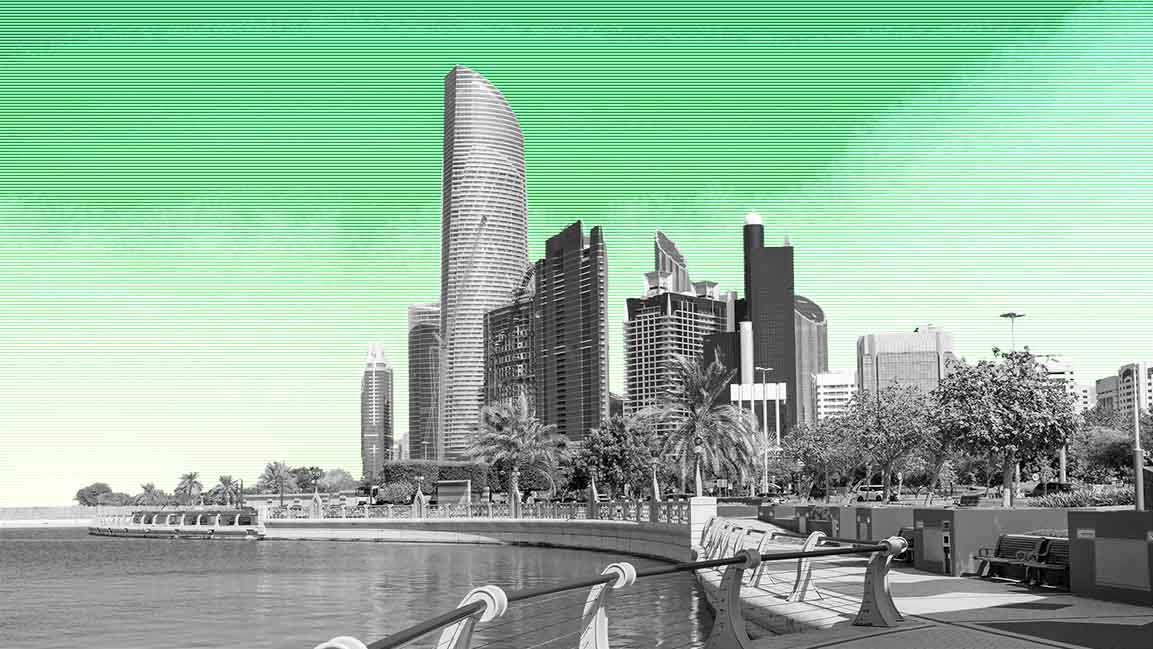- | 9:00 am
The deadly humid heat wave is scorching the Middle East. Are we woefully unprepared to face the climate crisis?
Experts say we are facing a climate emergency that demands immediate and effective action

The climate alarm bells are ringing loud. This summer is unbearable. Like in most parts of the world, heat waves in the Middle East have been unlike any other. A record-smashing heat wave sent temperatures soaring in Kuwait, Saudi Arabia, and Iraq, with temperatures soaring above 50 degrees Celsius and the UAE’s highest recorded temperature hit 49.5 C.
In addition to ecological impacts, heat waves pose significant health risks. More than a thousand pilgrims died of heatstroke on the road to Mecca as extreme temperatures ravaged the annual Hajj. There are wildfires, and vehicles are often catching fire due to heat.
In other words, climate disasters are already here in many ways.
A study in the Nature Sustainability journal details extreme heat’s global effects. If temperatures increase by more than 1.5 degrees Celsius (2.7 degrees Fahrenheit) over the next half-century, the research indicated that by 2050, most people in the Middle East will face extreme heat conditions.
The prevalence of extreme heat raises the question of whether it’s time to declare a climate emergency.
“As we confront the escalating heat waves across the Middle East, it’s clear we are facing a climate emergency that demands immediate and effective action,” says Chandra Dake, executive chairperson and group CEO of the Dake Group. “The urgency to increase green cover in our cities cannot be overstated.”
According to Dr. Hesham Gad, an internal medicine specialist at CMC Hospital Dubai, the heatwave serves as a “cautionary tale” because of its increased intensity and duration, which has seen higher peak temperatures.
The situation underscores the necessity of maintaining and enhancing public health infrastructure and community preparedness to manage such extreme heat events effectively.
He says this year’s extreme heat serves as a “stark reminder of the ongoing impacts of climate change,” emphasizing the critical need for sustainable practices and initiatives to mitigate these effects.
WHO IS AT THE MOST RISK?
Research suggests that a wave of humidity has been suffocating the Gulf.
According to LCLUC studies, humans face challenges in heat regulation, particularly under high humidity, with limited natural cooling mechanisms like sweating. This escalating heat presents significant health risks.
“Elderly individuals, whose bodies struggle to regulate temperature efficiently, are particularly at risk,” Dr. Gad says. “Young children, whose physiological systems are still developing, also face heightened susceptibility to extreme heat.”
Moreover, Dr. Gad underscores the heightened risk for individuals with chronic medical conditions such as heart disease, diabetes, and respiratory issues.
Additionally, he highlights the significance of protective regulations for outdoor workers in sectors like construction and landscaping. Dr. Gad emphasizes the importance of continuing education on recognizing symptoms of heat-related illnesses, such as heat exhaustion and heat stroke, and underscores the need to promote preventive measures.
“It’s essential to educate the public on staying hydrated, dressing appropriately, and avoiding outdoor activities during peak heat hours to prevent heat-related health issues.”
Climate change education is crucial, too. “Enhancing awareness of how climate change contributes to the increasing frequency and severity of heat waves is crucial for fostering community resilience.”
WIDESPREAD COMPLICATIONS
Experts agree that excessive heat has triggered widespread complications, from strained energy infrastructures to transportation woes from overheated vehicles.
In addition to the human toll, Crisis24 has indicated that excessively high temperatures could lead to several disruptions, including potential traffic issues due to overheated vehicles. Apart from catching fires, extreme heat stress impacts commercial trucking, increasing the likelihood of tire blowouts.
The severe heatwave conditions and surging power demand for cooling appliances are straining the power supply and leading to outages.
The reliance on air conditioning, while a seemingly necessary response to rising temperatures, also feeds into a vicious cycle of energy consumption and greenhouse gas emissions, further fueling climate change.
Meanwhile, summer heat waves combined with humid air that blows off the sea are deadly in parts of the Middle East. The summer heat is growing more dangerous for millions, including poor laborers, who don’t have access to indoor air conditioning. This putative effect of heat waves also illustrates the growing global divide and how it’s experienced.
Dire forecasts predict cascading disruptions from excessive heat, magnifying the urgency of addressing the impacts of climate change.
Emphasizing the importance of collective action from both the private sector and individuals in combating the effects of extreme heat, Dake says to start small by planting at least six new plants in your surroundings. This collective effort has the potential to significantly positively impact the urban landscape, ultimately helping to create a cooler and more sustainable environment for all.
As temperatures continue to soar, the need for sustainable, inclusive solutions becomes increasingly urgent. However, addressing the socioeconomic disparities that exacerbate the vulnerability of certain populations to heat waves is equally important.
Only through a comprehensive, equitable approach to climate adaptation can we hope to safeguard the habitability of regions like the Middle East and ensure a livable future for all.







































